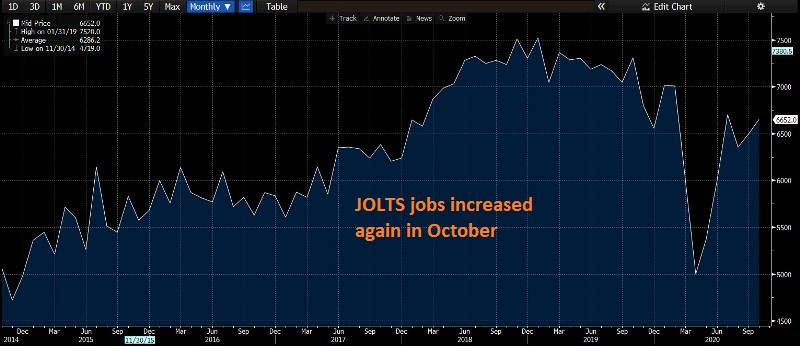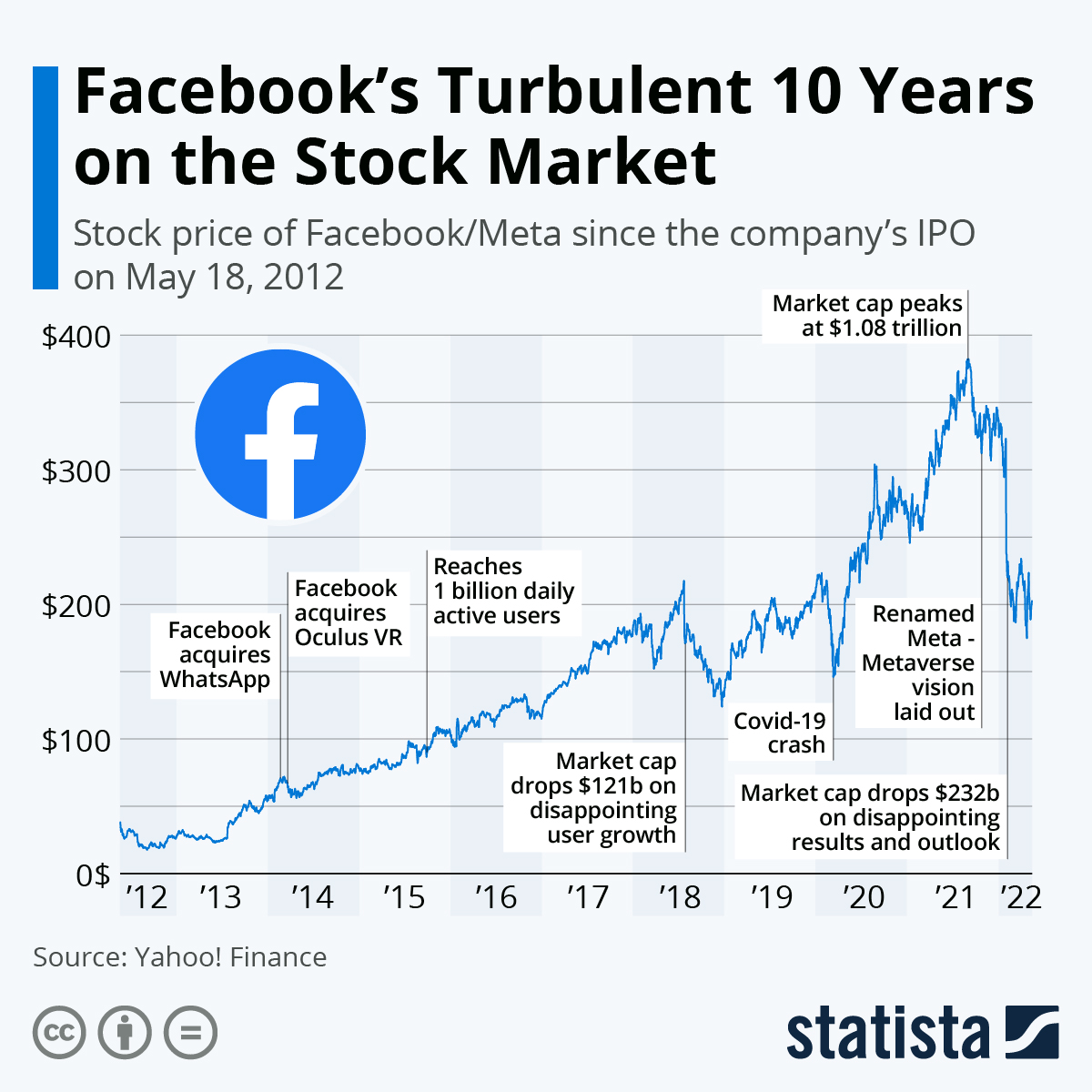
First, let's talk about what stocks are. We'll talk about Common stocks, Preferred stocks, Initial public offerings, and Market makers. These are the basic components of stock. Before we talk about investing in stocks, let's first take a look at their operation. What's the difference between them? How can you choose which one? We'll be covering the most important aspects and features of these instruments in this article.
Common stocks
The riskiest investment is short-term Treasury bonds. Long-term corporate debts is a better option. Although they offer a return of 5.75% annually on average, large-cap stocks have returned as much as 10% per annum. Small-cap stocks also have done well, returning more than 10% annually. Thus, investing in common stock is a smart choice, even if it involves volatility and risk. Common stock is still more likely than other investment forms to generate a profit.

Preferred stocks
If you're interested in investing in the stock market, you've probably been wondering: How do preferred stocks work? Preferential stocks are similar to common stocks, but they carry different terms regarding dividend payments. Preferential stocks offer investors a guaranteed income but limited capital appreciation. Because of this, some people describe these shares as the worst of both worlds. Learn how they work. However, before you invest in these securities, be sure to understand the risks.
Initial public offering
An initial public offering (also known as a stock launch) is when a company offers shares of its company to institutional and retail investors. A number of investment banks arrange for the stock exchange listing of the company's shares. Investors purchase the shares in order to benefit from their growth potential. Continue reading to find out more about the process and how you can benefit from it. Below is some information that we have compiled about the process.
Market makers
Market makers refer to high-volume traders participating in the stock trading market. Market makers can influence the performance of stocks by placing bids and offering to buy or sell. Each investment requires buyers and sellers. Market makers can help investors locate buyers and sellers to purchase or sell stocks. But how do they work in the stock market? We will be looking at the basics and how market makers can help investors trade stocks.

Interest rates
Many investors are curious about how interest rates impact the stock market. The Federal Reserve sets the interest rates in an effort to limit inflation and promote full-employment. The Federal Reserve adjusts the federal funds interest rate in increments up to 0.25 percent. The stock market is affected by more than just the interest rate. The Federal Reserve Open Market Committee, made up 12 members, decides on interest rates every eight weeks. If they find a situation that warrants a change in the rate, it may immediately affect the stock market.
FAQ
How does Inflation affect the Stock Market?
The stock market is affected by inflation because investors need to pay for goods and services with dollars that are worth less each year. As prices rise, stocks fall. Stocks fall as a result.
What is security on the stock market?
Security is an asset which generates income for its owners. Most common security type is shares in companies.
One company might issue different types, such as bonds, preferred shares, and common stocks.
The earnings per shared (EPS) as well dividends paid determine the value of the share.
When you buy a share, you own part of the business and have a claim on future profits. If the company pays you a dividend, it will pay you money.
You can sell shares at any moment.
Why is marketable security important?
An investment company's primary purpose is to earn income from investments. It does this by investing its assets into various financial instruments like stocks, bonds, or other securities. These securities have certain characteristics which make them attractive to investors. These securities may be considered safe as they are backed fully by the faith and credit of their issuer. They pay dividends, interest or both and offer growth potential and/or tax advantages.
What security is considered "marketable" is the most important characteristic. This refers primarily to whether the security can be traded on a stock exchange. If securities are not marketable, they cannot be purchased or sold without a broker.
Marketable securities include corporate bonds and government bonds, preferred stocks and common stocks, convertible debts, unit trusts and real estate investment trusts. Money market funds and exchange-traded money are also available.
These securities are a source of higher profits for investment companies than shares or equities.
What is a Stock Exchange exactly?
Companies can sell shares on a stock exchange. This allows investors the opportunity to invest in the company. The market determines the price of a share. The market usually determines the price of the share based on what people will pay for it.
Companies can also get money from investors via the stock exchange. Companies can get money from investors to grow. This is done by purchasing shares in the company. Companies use their money for expansion and funding of their projects.
A stock exchange can have many different types of shares. Others are known as ordinary shares. These shares are the most widely traded. Ordinary shares can be traded on the open markets. Prices of shares are determined based on supply and demande.
Preferred shares and debt securities are other types of shares. When dividends are paid, preferred shares have priority over all other shares. If a company issues bonds, they must repay them.
Statistics
- US resident who opens a new IBKR Pro individual or joint account receives a 0.25% rate reduction on margin loans. (nerdwallet.com)
- Even if you find talent for trading stocks, allocating more than 10% of your portfolio to an individual stock can expose your savings to too much volatility. (nerdwallet.com)
- The S&P 500 has grown about 10.5% per year since its establishment in the 1920s. (investopedia.com)
- Individuals with very limited financial experience are either terrified by horror stories of average investors losing 50% of their portfolio value or are beguiled by "hot tips" that bear the promise of huge rewards but seldom pay off. (investopedia.com)
External Links
How To
How to Trade Stock Markets
Stock trading involves the purchase and sale of stocks, bonds, commodities or currencies as well as derivatives. The word "trading" comes from the French term traiteur (someone who buys and sells). Traders sell and buy securities to make profit. This is the oldest form of financial investment.
There are many different ways to invest on the stock market. There are three types that you can invest in the stock market: active, passive, or hybrid. Passive investors watch their investments grow, while actively traded investors look for winning companies to make a profit. Hybrid investors combine both of these approaches.
Passive investing can be done by index funds that track large indices like S&P 500 and Dow Jones Industrial Average. This approach is very popular because it allows you to reap the benefits of diversification without having to deal directly with the risk involved. You can simply relax and let the investments work for yourself.
Active investing means picking specific companies and analysing their performance. An active investor will examine things like earnings growth and return on equity. Then they decide whether to purchase shares in the company or not. If they believe that the company has a low value, they will invest in shares to increase the price. However, if they feel that the company is too valuable, they will wait for it to drop before they buy stock.
Hybrid investing blends elements of both active and passive investing. One example is that you may want to select a fund which tracks many stocks, but you also want the option to choose from several companies. This would mean that you would split your portfolio between a passively managed and active fund.